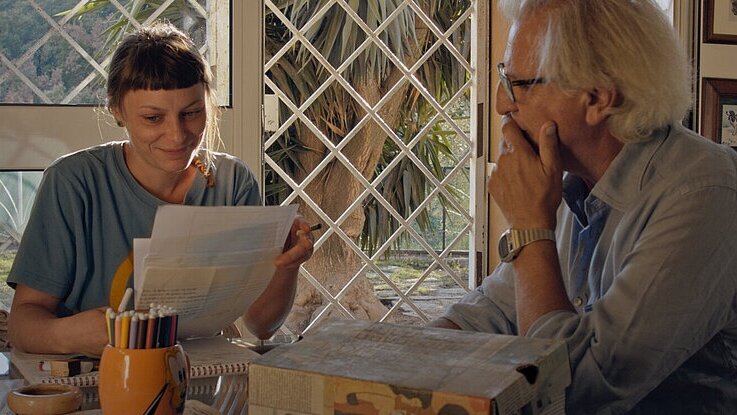Visions du Réel 2020 - A Class Story
Visions du Réel
Gianclaudio Lopez's A Class Story is a documentary that is fundamentally very hard to criticise. The difficulty stems from its nature as a time capsule rather than a documentary.
Yes, elements of the documentary genre — like interviews and recordings of the daily life of its subjects — are present here. However, by nature, the film is not meant for a larger audience to see. It is a personal film that is clearly made for its subjects, showing their intimate memories of passed away time, when dead friends were still alive and when they themselves were radical, young and carefree. The documentary shows the audience how those days of fun turned into nostalgia, whose traces will slowly be washed away by the passing of time – only leaving this film and their memories to preserve.
This nature of the film leads the viewer to assume vastly different roles based on their own nostalgia. The first is that of a stranger, one who happens to stumble upon this film to peek into the memories of strangers they've never met. Such simulation leads the viewer to feel fantastical sadness that replicates the viewing experience of any somber fictional film. They see the film as a monument, where the class recordings are a showcase of their glory days and the modern recordings/interviews are the brutal ruins of today. They see the life of these individuals as tragedy – ending the film with mourning emotions, yearning to see more of the past over the present.
The second role is that of an empathiser, someone who starts reminiscing their own days of youths, laughing like children whenever the teenagers make a joke, cheering with delight whenever seeing an N-Gage, walkman or ant mid-2000s emo hairstyle on-screen. They cry somberly when the present versions of those same kids narrate how drastically their life has changed and how some of these kids recorded died or left the city. This role leaves the viewer with an even more somber experience than the role of a stranger, but it also leaves them with smiles that ultimately acts as a mirror to their own life.
To say that there could exist another spectrum of viewing experience ranging between these two categories is almost impossible. The nature of viewing a time capsule always relies on the person's relatability to its events. With a feature like this, one that is basically showcasing of an era that is mere memory to some and alienating to others, it is hard to find a viewer who is not biased to either of the extremities.
So, if one is to watch A Class Story, they will experience a journey that is both heartbreaking and heartwarming at the same time, making it a necessity to view the feature in a relaxing environment without worrying what rating they will give the film when it finishes.


